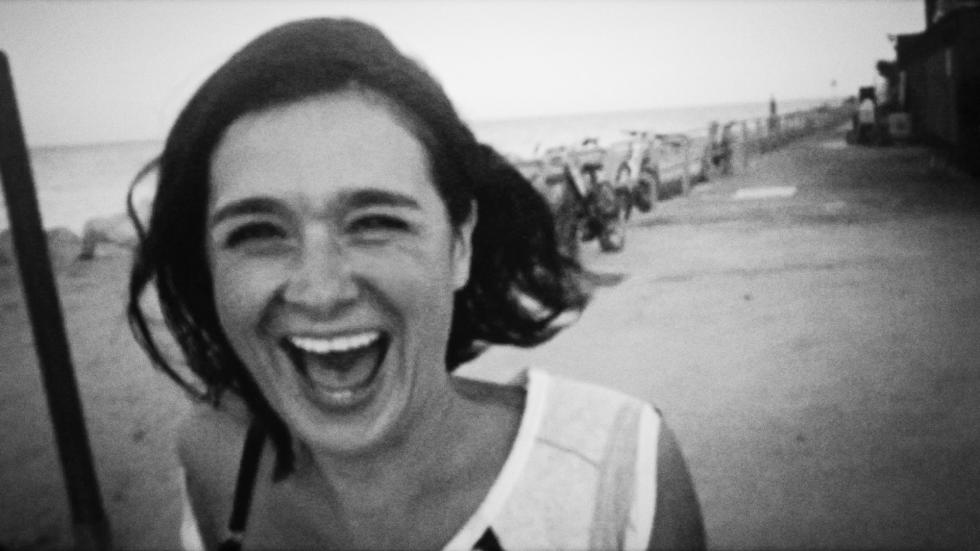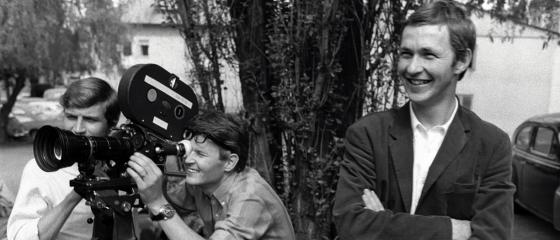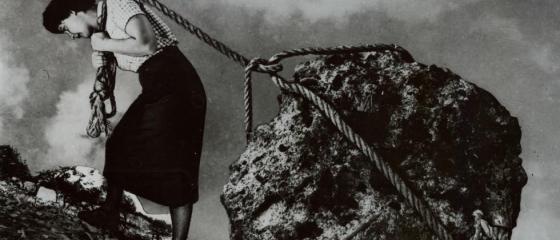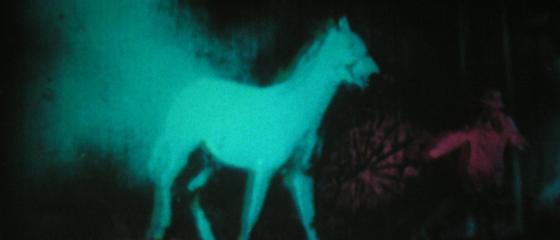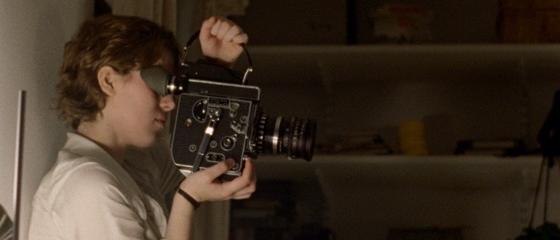This year, Resistances continues to go deeper in the search for Spanish films that go beyond the canonical, even beyond what is foreseeable, far from what has already been expressed. They are films that are difficult to place, that reside in a territory yet to be explored, where the typical categories of fiction and reality are no longer valid and where experimentation and narration go hand in hand. You could say that they are films of thought, from which to extract a knowledge that will light a fire, as Montaigne defined the function of writing.
But despite the usual disparity of devices and narrative strategies, the eight films we present belong to the same thematic family. That interrelationship of ones with others does not come from the obvious risk in the proposals, nor from the extraterritoriality of their mise-en-scènes, nor from the unusualness of their approaches. The true union of the various titles has to do with a critical look, full of questions, even full of value judgements, at identity, at what shapes us: the past, the family, surroundings, fear. You could say that the eight films we are presenting answer the same question: what makes us what we are?
In this way, the first thing we can say is that it is a group of films with a view that is introspective, intimate and modest in its origin, familiar, social, historical. They are films about the past that offer more questions than answers. So, several of the films in the section speak of the relationship with childhood, in the figure of heroic parents whose sparkle has gradually been dulled away by time.
In THE ISLAND (Miguel Rodríguez) the director offers us a portrait of his father, the man who made thousands of children happy in Andalusia in the early ‘90s. However, his programme, Flora’s Island is only present in the memories of a few people. The film tells of his father’s struggle to have his work recognized, not by the authorities, but by those children whom he made happy. A film about justice and coherence, about the passing of time and about affection.
MR. LIBERTO AND THE SMALL PLEASURES (Ana Serret) tells, in an explicit, sensitive way, of the contrast between the loss of memory and the struggle to regain that same memory in a fragmented, precarious way. Starting from a painful observation, the director arrives at those moments of domestic happiness frozen in some super-8 home movies, wondering if the memory of joy can help ease a father’s slow disappearance.
THE CHILDREN OF THE VINE (Ana Domínguez) shows us a way of life that is carried out around the relationship with the land, with legends and with the speech of a small piece of land with mythical resonances. The director examines the echoes which the images she saw in her childhood have in her daily life, and she undertakes a journey to the past with the hope of throwing a little light on the future of a region forgotten and almost buried by its border location, by its humble character.
Looking back also implies verifying what contexts we come from and how our past has been told to us. Kikol Grau’s recent work has consisted of demolishing historicist discourses, using the collective images of our past to shatter its monolithic structure and find doses of useful truth in the cracks. With LA TRANSACCIÓN: UN RECORRIDO AUDIOVISUAL POR LA TRANSICIÓN he continues with his demystifying work, focusing this time on the Spanish Transition, on how our recent history has been told to us, and on how the images of the political and artistic rupture have been hidden from us.
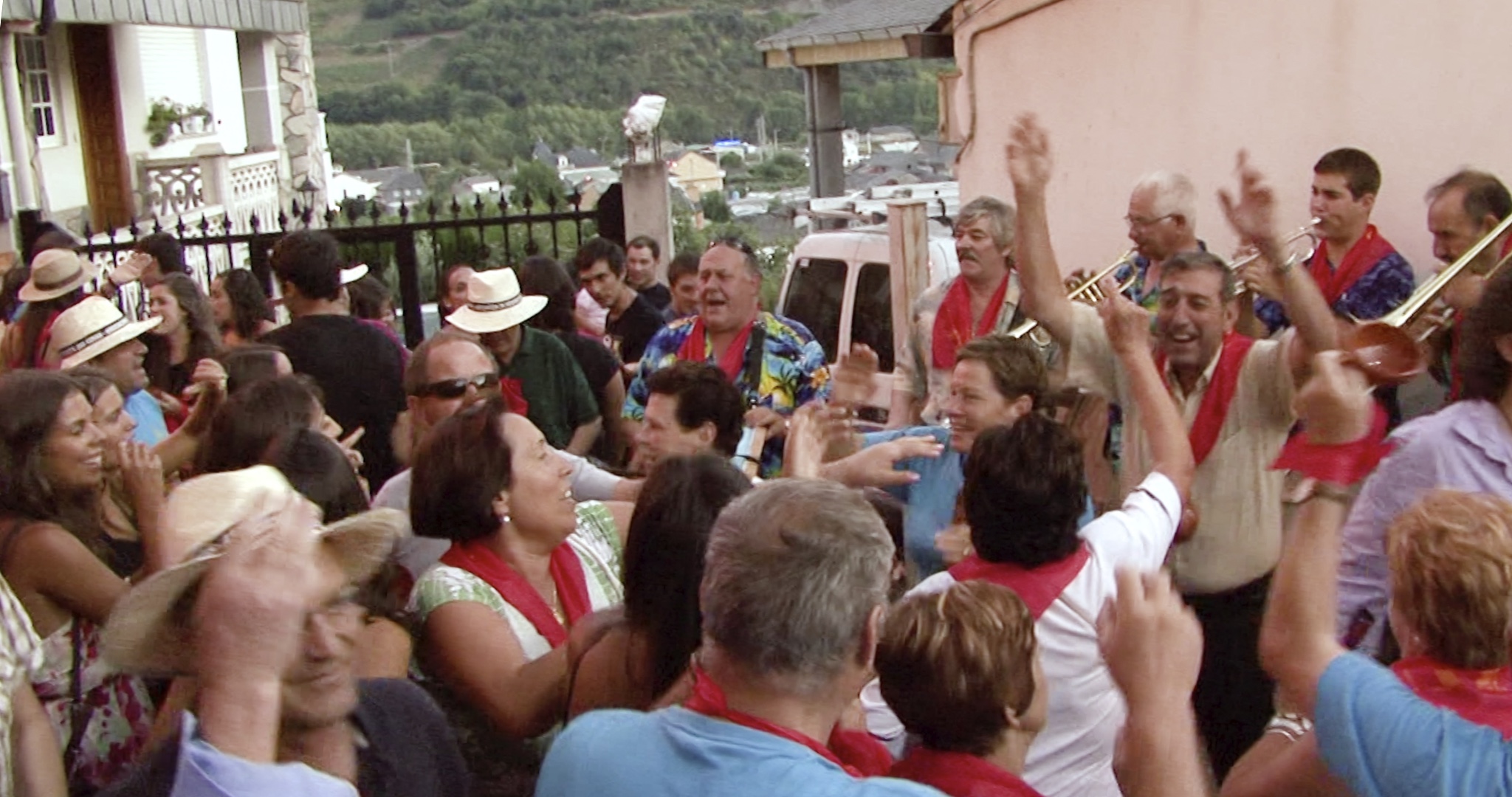
Looking back to try to understand where we are implies, at some point, looking around and wondering about what surrounds us, what it means, how we are affected by a present that we contributed to building even though its secret is kept from us. The present can’t be told in capital letters because it is not yet History. That is why in Resistances we find small, everyday stories, complex in their simplicity, which echo in all the presents that inhabit our days.
THE EARTH WILL OPEN (Alonso Valbuena) seems at first like a very atmospheric work of fiction, in some way like a horror film, and ends up being an affidavit about the darkness of deepest Spain, with job insecurity and the impossibility of balancing family life as the background. A film full of metaphors that throw off their allegorical nature to become a real threat to what is called real life. The wolf, the night, solitude work here as the reverse side of a socio-economic crisis that has shaken our way of life.
LAS COSAS (Carlos Rivero) shows us how the normal holidays of a normal family are full of little things which can be watched with wonder and fascination. The wealth of small details told with the eye of a hunter who lies in wait, hidden but anxious. Images and sounds which transcend their domestic nature to become an accurate portrait, between entomology and anthropology, of the aspirations and desires of the middle class.
With TENDERNESS AND THE THIRD PERSON (Pablo Llorca) we are faced with a pure fiction about life in a neighborhood of a large capital city, built far from the centres of power. An amiable chronicle of a microcosm that repeats the inertias and desires, the frustrations and the hopes, of any other community. A kind of game of mirrors in which the desire to escape and the need to stay are the two sides of one coin.
A Estación violenta is Anxos Fazans’ first feature film, and is the adaptation of a novel by Manuel Jabois. In it we are shown various superimposed tediums: that of a provincial city where the only horizon is that of a past that wasn’t so happy, and that of a lost generation, without a horizon and without a past. A story of silent loves, of broken complicities, of mutual distrust, that throws back at us an image of our days as a sum of unfulfilled dreams.
Finally, looking back and looking around leads us to look within. Explaining what is the driving force that leads a person to pick up a camera and document the world, which will always fail, because it’s hard to fit all the world’s complexities in the camera lens. That is the basis of SEE A WOMAN (Mónica Rovira), a beautiful exercise in introspection and exorcism in which a woman faces the demons of her life in a couple and ends up realizing, in an exercise of unusual sincerity, that they were demons inherited from a difficult vocation. A very beautiful film, where the play of textures, light and shadow work as the perfect metaphor for the ineffability of love, dependence and honesty.
Looking back, looking around and looking within, that is the starting point and the final objective of Histeria de España, a collective film in which 22 directors, coordinated by Kikol Grau, show us their sardonic, grotesque, merciless vision of the geographical, political, historical and cultural limits that unite us and divide us and that give a name to the country where we all survive.
With these titles, SEFF reaffirms its support for the most stimulating and militant, daring and undefinable Spanish cinema, which is also the most sincere.



